After a year like no other, attention-riveting elections for parliament are to take place in Bulgaria in the spring of 2021. The civil discontent and vociferous protests during the past Covid-year failed to bring about early parliamentary elections. Now – just months away from the regular general election - it is as yet unclear which road politics in Bulgaria will take.
What do we know so far? Some political figures from the recent past who have all but receded into oblivion, as well as public figures who have never been in politics, have already made their bid as an alternative to Boyko Borissov and his administration. An eloquent example of the latter is Slavi Trifonov – a high-profile showman and TV personality - who, despite some bumps in the road, in 2020 registered his political project called “There are such people”.
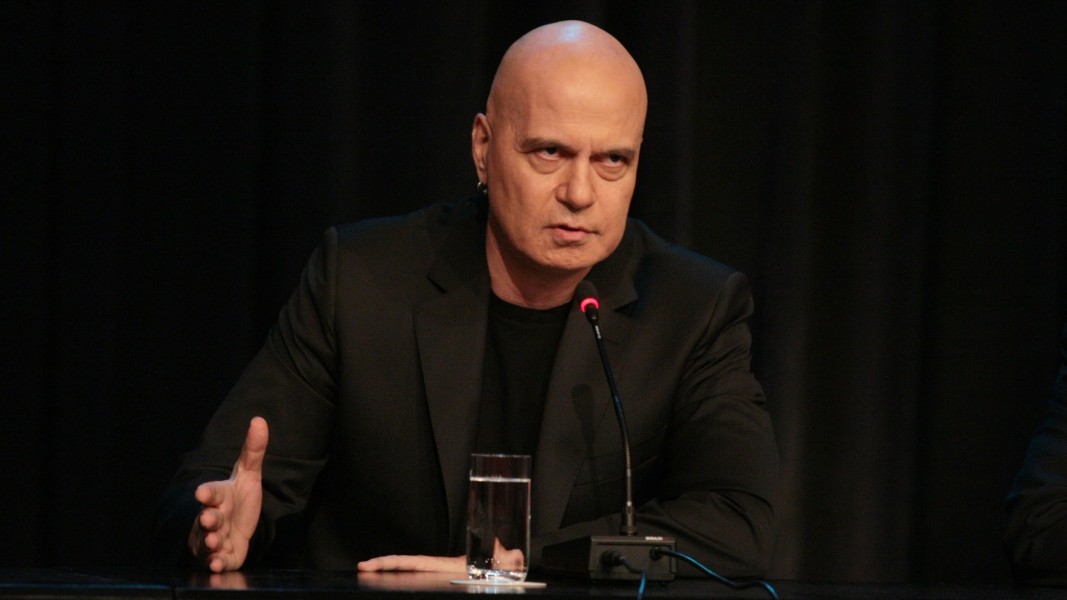
Yet for the time being, besides the leader and his closest associates – the scriptwriters of his TV show – there is no inkling who the possible leaders of the party lists for the coming elections might be. There is no inkling of any party activity either. Nevertheless, sociologists are giving Trifonov a good chance of entering the domain of politics.
With the ambition of being an alternative to the current administration, at the very end of 2020 former national Ombudsman and claimant to the office of mayor of Sofia Maya Manolova joined forces with the “toxic trio” who gained high-profile exposure during the anti-government protests in the summer and autumn of 2020 as their organizers.
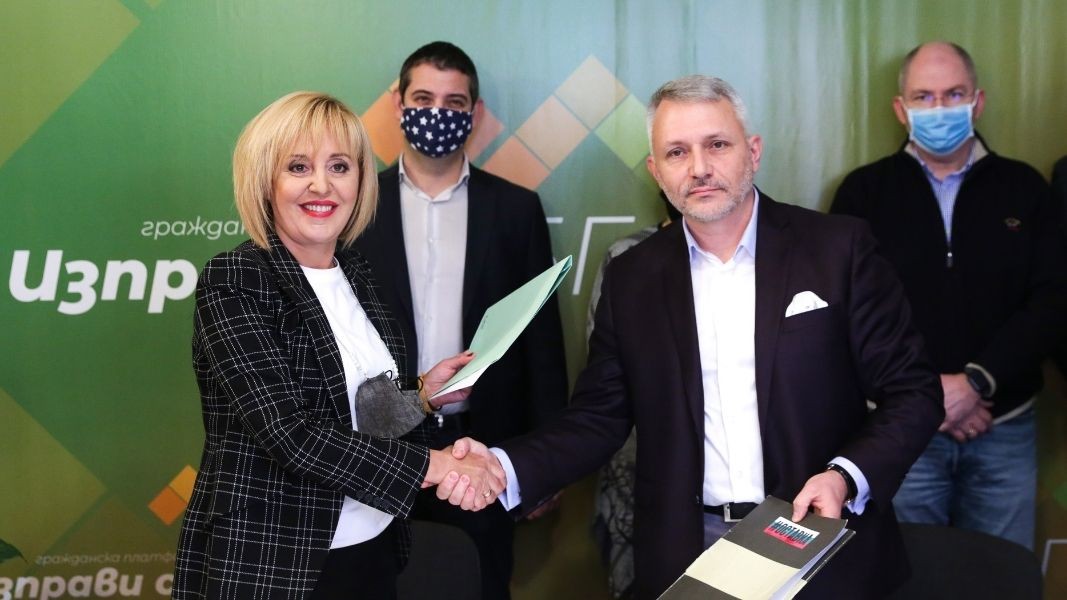
Having signed an agreement to take part in the parliamentary elections together, the two sides called for the disassembly and a review of the administration of Prime Minister Boyko Borissov, and also – for a pooling of the efforts of the non-parliamentary formations for guaranteeing that the elections will be fair. What chances Maya Manolova and the trio (a lawyer - Nikolay Hadjigenov, a PR expert - Arman Babikyan and a sculptor - Prof. Velislav Minekov) stand would be an interesting thing to see, all the more so that their influence over the protesters seems to have waned by the end of last year.
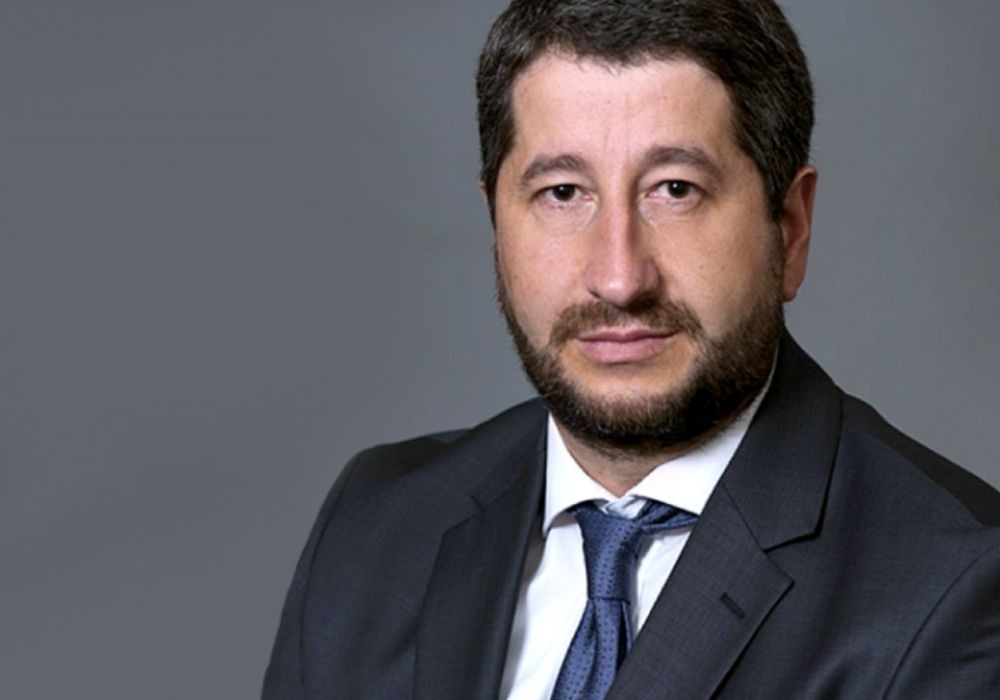
The contenders for the future parliament include the Democratic Bulgaria alliance, with leader Hristo Ivanov (who launched protest action multiple times throughout 2020 taking unorthodox forms) and the new formation Republicans for Bulgaria of Tsvetan Tsvetanov, GERB’s ex-No. 2, now a vocal critic of his former party.
Bizarre, audacious, some say – flippant – is what people have called the “dive” into the political ocean by businessman Vassil Bojkov, a fugitive from justice in Dubai, charged on dozens of counts by the prosecutor’s office.
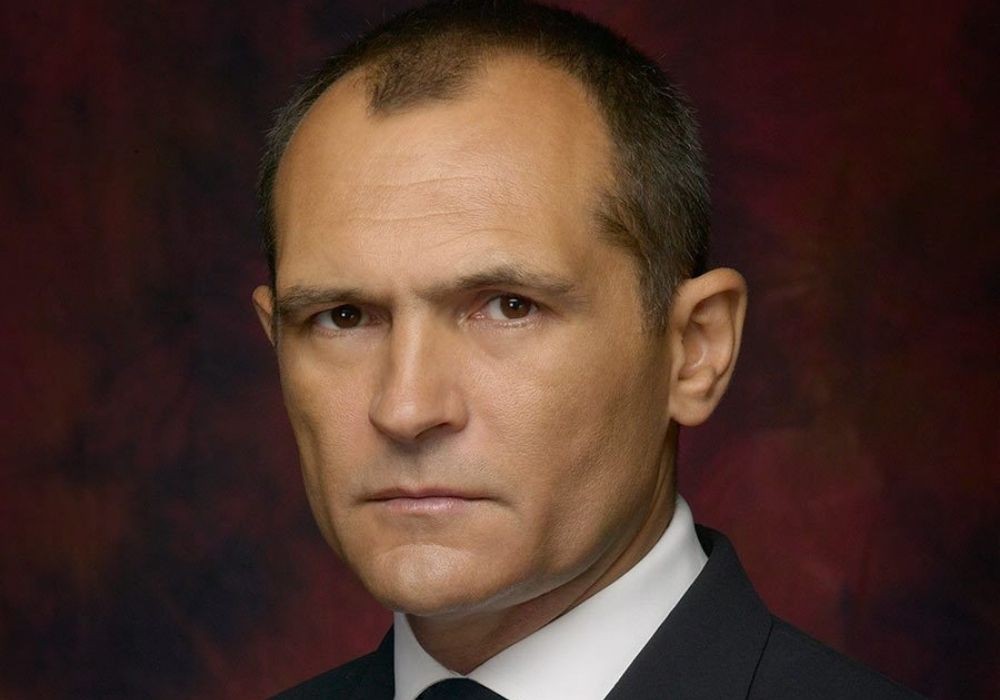
Analysts say that the party launched by Bojkov lacks a political profile, that it looks more like a flirtation with the media than an entity with any serious intention.
Alongside the new faces and parties, the traditional players in Bulgarian politics currently in opposition – the Bulgarian Socialist Party (BSP) and the Movement for Rights and Freedoms – will also be vying to take the helm at the spring elections. In view of the divergent processes taking place within the BSP, analysts are hesitant in their predictions of a landslide success for the socialists in the spring.
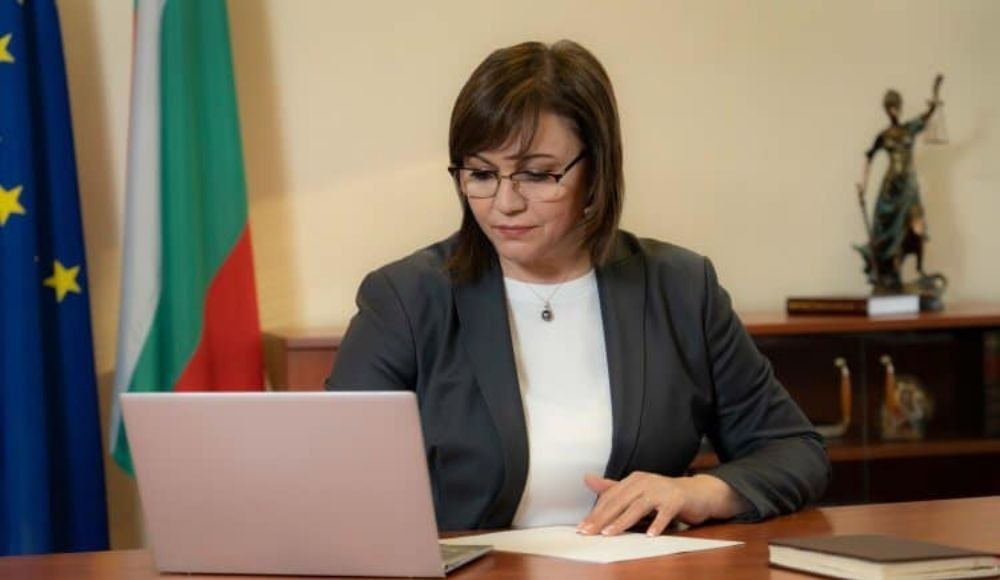
It would be equally difficult to make any accurate prediction regarding the political future of the “united patriots”,currently part of the ruling coalition in the country. As to the Movement for Rights and Freedoms, this party’s electorate is virtually invariable at all elections for parliament, and it is highly unlikely there will be any surprises this time around.
Pollsters’ expectations indicate a fairly good result for the ruling GERB party, now in its third term of office, even though it was the target of popular wrath for many months during 2020.
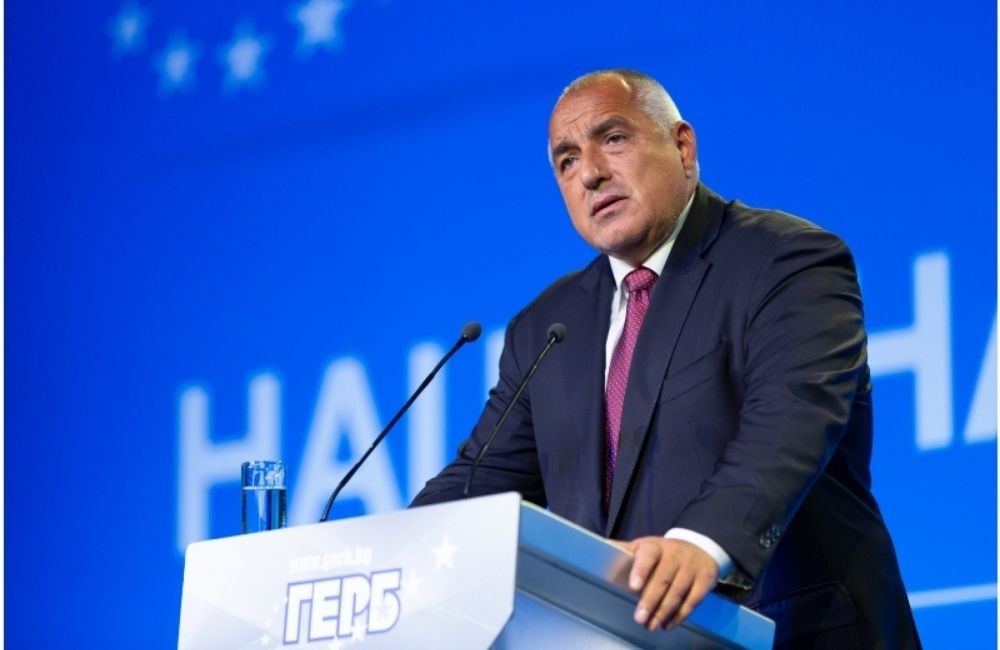
That is why political analysts are not ruling out a future parliament that will be a reflection of the fragmented political landscape in the country, something that is certainly going to make the formation of a viable government coalition a difficult thing to accomplish.
Photos: Facebook/ National Assembly, Vassil Bojkov, Kornelia Ninova, BGNES, demokrati.bg, Gerb.bg
GERB will try to find a path to a majority for forming a government through the formulation of common goals, the party's Deputy Chairman Daniel Mitov said in an interview with BNR. According to MP Daniel Mitov, the attempts to create a cordon sanitaire..
"A Peevski-wrapped GERB - we cannot work with this combination" - former Prime Minister Nikolay Denkov told journalists ahead of the We Continue the Change National Council meeting, adding that "we have already seen the result of this kind of work and..
For the seventh time in three years, Bulgarians went to the polls, and the results shed light on some of the behind-the-scenes manoeuvring. A seemingly minor detail in the counting of votes for the Velichie party, which missed the 4% threshold to enter..
The members of parliament will continue their session at 10 AM on November 22, following yet another unsuccessful attempt to elect a Speaker of the..

+359 2 9336 661
